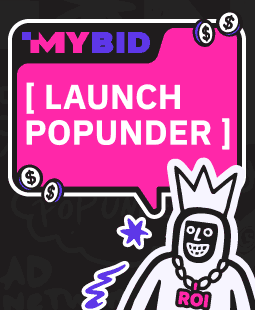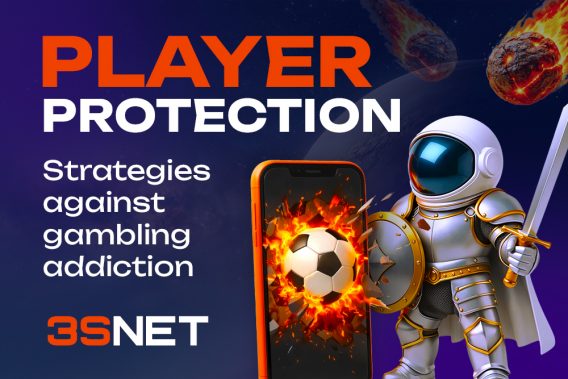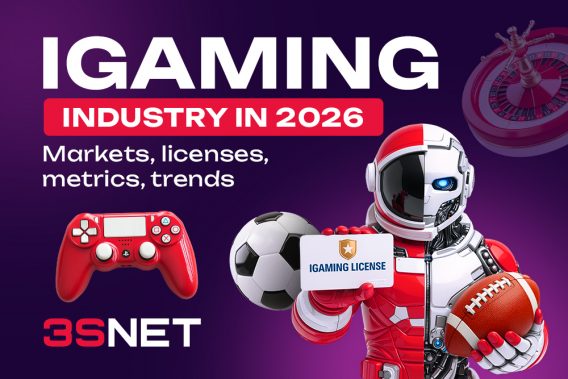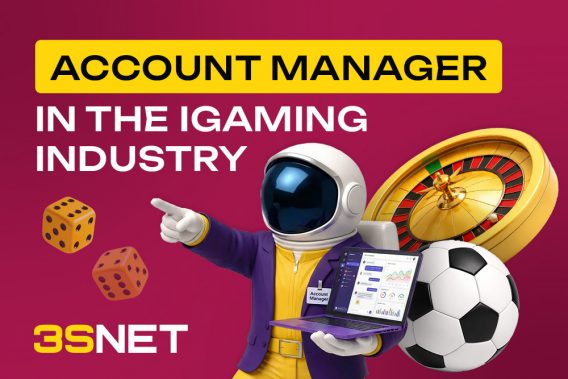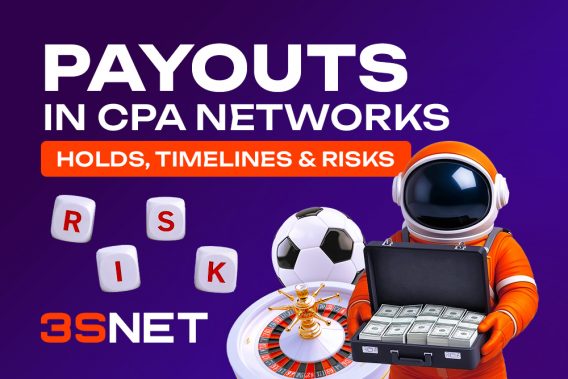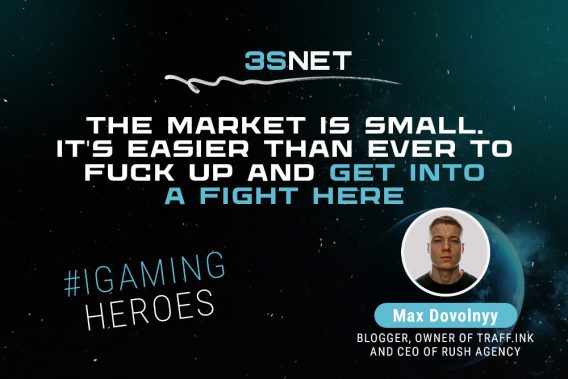
Publication date: 12 November 2025
An affiliate license is an official document or registration confirming the right of a partner (affiliate, CPA network, media platform) to legally promote licensed gambling brands (casinos and bookmakers) in a particular country.
The iGaming market is rapidly moving into the legal framework. States introduce licenses not only for operators and suppliers but also for partners engaged in promoting gambling and betting. One such tool is the affiliate license — a permit for companies or individuals attracting players to online casinos and bookmaker brands. On 3S.INFO, we’ve gathered a complete guide: who needs to obtain a license, where it’s mandatory, and how to acquire such a document.
However, it’s essential to understand that in most countries worldwide, a separate affiliate license is not required. It is necessary only in jurisdictions where advertising gambling is strictly regulated and the regulator requires identification of all operator’s partners.
Who Needs an Affiliate License and When?
A license or registration confirms that the affiliate:
- Works exclusively with licensed operators;
- Complies with AML/KYC requirements and Responsible Gambling regulations;
- Uses transparent sources of traffic and reporting;
- Adheres to local laws regarding gambling advertisements.
Checklist: “Verify If You Need an Affiliate License for Promoting Gambling and Betting”
- You receive compensation based on player actions (CPA, RevShare, Hybrid).
This doesn’t make licensing obligatory, but becomes crucial if ads target a regulated jurisdiction. - You attract players from regions where gambling is officially regulated and advertising is controlled by government authorities (e.g., Romania, Greece, certain US states). See further details about countries requiring affiliate licenses on 3S.INFO.
- Your partner-operator is obliged to disclose all B2B counterparts (including affiliates) before regulators. In this case, the operator cannot collaborate without verified status.
- You publish ads on platforms subject to local advertising rules (Google, Meta*, TV), where permission is required.
In Which Countries Is Obtaining an Affiliate License Required for Traffic Generation?
An affiliate license for working with traffic directed towards online casinos and bookmakers is required in several countries and jurisdictions where the operations of affiliate programs and media buying are regulated by law or require official authorization.
Countries Where an Affiliate License Is Mandatory or Provided
| Jurisdiction | Is a license/registration required? | Law / Regulator | Commentary |
| Romania | Yes — Class II Licence | GEO 77/2009; ONJN | Required for everyone promoting licensed operators. Without it, advertising and payouts are illegal. Penalties up to 100,000 lei (~€20,000). |
| Greece | Yes — registration/license | Law 4002/2011; HGC | All partners must be registered with HGC. Violation leads to blocking sites and fines. |
| USA (states like NJ, PA, MI, AZ, etc.) | Partially | State Laws (DGE, PGCB, MGCB) | Some states require affiliates to obtain a vendor license, while others don’t. |
| Brazil | Registration | Law No. 14.790 (2023); Ministry of Finance (SEFEL) | Operators are obliged to register their affiliates. There is no separate license, but supervision applies. |
| United Kingdom | No | Gambling Act 2005; UKGC | Affiliates aren’t licensed, but they must comply with ASA/CAP rules. Operators bear responsibility. |
| Spain | No | Ley 13/2011; DGOJ | Advertising is heavily restricted (night-time ban, prohibition of bonuses), but there’s no license requirement for partners. |
| Italy | No | Decreto Dignità; ADM | Almost total ban on gambling advertisement. Partner licensing isn’t provided. |
| Germany | No | GlüNeuRStV 2021 | Requirements exist for ad content, but not for partner registration. |
| Netherlands | No | Remote Gambling Act (KOA); KSA | Only licensed brands can be promoted. Separate affiliate license isn’t required. |
| Malta | No | Gaming Act 2018; MGA | Affiliates operate under contracts. No need for individual licensure. |
| North Macedonia | No | Law on Games of Chance | Online market monopolized, no licensing for partners. |
| Albania | No | Online Betting Law 2024 | Operators (10 concessions) are licensed, affiliates outside licensing scope. |
| Colombia | No | Law 1753/2015; Coljuegos | License required only for operators. Affiliates act freely. |
| France, Denmark, Sweden | No | ANJ, Spelinspektionen, Spillemyndigheden | Advertisements are limited, but no special permits for partners. |
Obtaining an affiliate license is often necessary for legal and scalable traffic generation in iGaming and other verticals. Requirements and procedures vary significantly depending on the selected jurisdiction, business goals, and payment systems used. Therefore, when planning activities, it is advisable to carefully study local regulations, tax legislation, and digital compliance specifics in each country.
Why Is It Important for an Affiliate to Obtain a License?
It is important for an affiliate to obtain a license because without it, promoting an operator in regulated markets becomes illegal.
- Legality of operations. Without a license, if one is required, an affiliate cannot legally promote an operator in a regulated market. In a number of countries, having a license is a mandatory condition for working with iGaming and betting projects.
- Access to advertising platforms. Google Ads and Meta allow gambling advertising only to registered affiliates with a license in countries with strict regulations, such as Romania and Greece. Without a license, advertising campaigns are blocked.
- Trust and partnership. Having a license significantly increases trust from operators and major brands, making it easier to secure direct contracts and obtain better partnership terms.
- Protection from fines and blocks. Violating regulatory requirements leads to fines and blocks for both operators and affiliates. Holding a license ensures compliance with the rules and reduces the risk of sanctions.
- A tool for control and transparency. A license helps regulators control traffic sources, eliminate illegal advertising, and ensure user protection, which is relevant in licensed markets with a high level of compliance.
Thus, an affiliate license is not just a formality but a fundamental element for successful and legal promotion in the gambling industry on regulated markets.
Typically, an affiliate license isn’t a standalone document that needs to be separately registered. More often, it appears as a section or appendix in the Affiliate Agreement.
By signing this agreement, the partner automatically agrees to the license terms, which typically include:
- List of authorized materials (logos, banners, texts);
- Restrictions (for example, logos can’t be modified, brand names can’t be used in domain names);
- Territory and duration of the license;
- Obligation to cease using all materials after termination of cooperation.
How to Get an Affiliate License: Step-by-Step Guide Using Romania as an Example
- Register a legal entity (within the EU or Romania).
- Prepare documentation package: charter, beneficiary information, AML/KYC policy, agreements with operators.
- Submit application to ONJN.
- Pay license fee (~€6,000 annually).
- Pass inspection and be included in the Class II Licensees’ registry.
After completing these steps, the partner can officially attract players and work with licensed Romanian operators.
If you’re operating in unregulated or partially regulated markets (such as Latin America, much of the EU, Malta), a separate license is generally unnecessary. Complying with general advertising and compliance rules suffices.
*Meta Corporation has been designated as extremist in Russia.
An affiliate license is not merely a piece of paper, but rather an important legal and marketing instrument that makes affiliate marketing civilized, safe, and effective for all participants involved.
It transforms chaotic use of another company’s brand into structured and mutually beneficial collaboration, enabling efficient promotion of betting and gambling. Therefore, if you want to seriously engage in affiliate marketing, having a clear affiliate license in your contract signifies professionalism.
FAQ
What is an Affiliate License?
An affiliate license is an official document or registration that grants a partner (affiliate, CPA network, media platform) the legal right to promote licensed gambling brands in a specific country. It certifies that the partner complies with AML/KYC regulations, responsible gambling practices, and local laws.
When Does an Affiliate License Become Mandatory?
A license is required if the advertising targets a licensed market, the operator is obligated to disclose all B2B counterparties to the regulator, and the advertising is placed on platforms with strict norms, such as Google or Meta. It is commonly required in countries with high-level regulation, such as Romania, Greece, and certain US states.
Why Do Affiliates Need a License?
Without a license, an affiliate cannot officially promote an operator, faces restrictions on accessing advertising platforms, risks blocks and fines, and loses credibility among operators and major brands. Having a license elevates status and opens access to better contracts.
How to Obtain an Affiliate License?
The process involves registering a legal entity, submitting documents (articles of incorporation, AML/KYC policy, etc.), paying a fee, and undergoing verification by the regulator. For instance, in Romania, the application is submitted to ONJN with an annual fee of approximately €6,000.
Is an Affiliate License Necessary in Every Country?
No, in most countries, a separate affiliate license is not required. For example, in the United Kingdom, Italy, Germany, Netherlands, and Malta, affiliates operate without special licenses but must adhere to general advertising and compliance rules.
Share it with your friends via favorite social media

